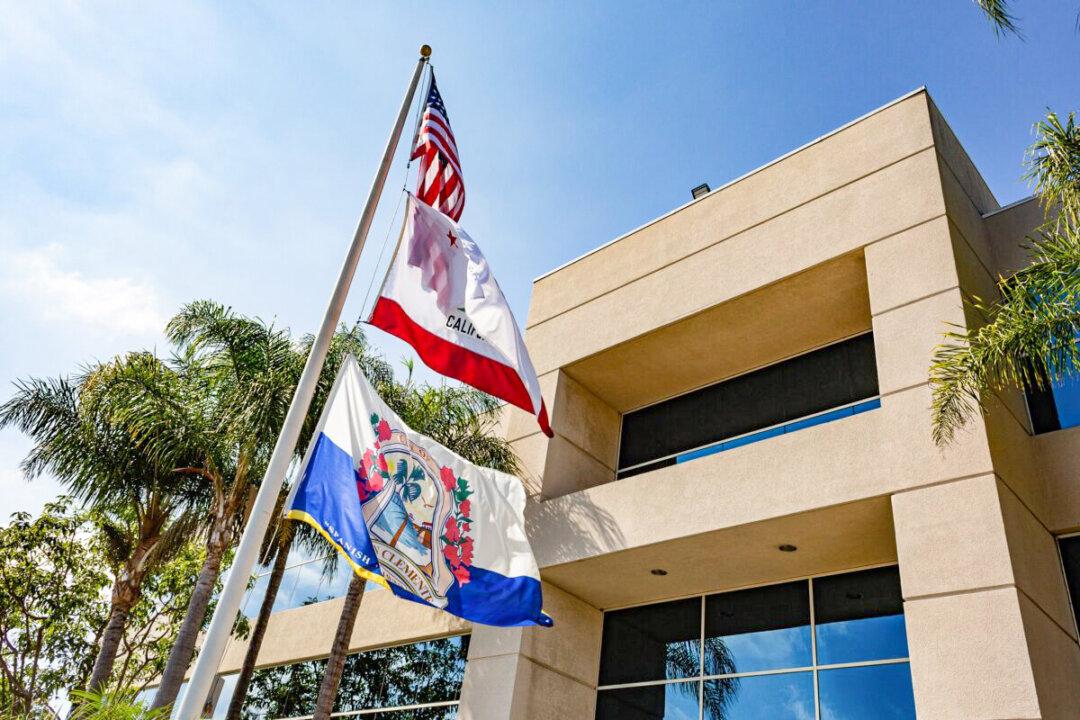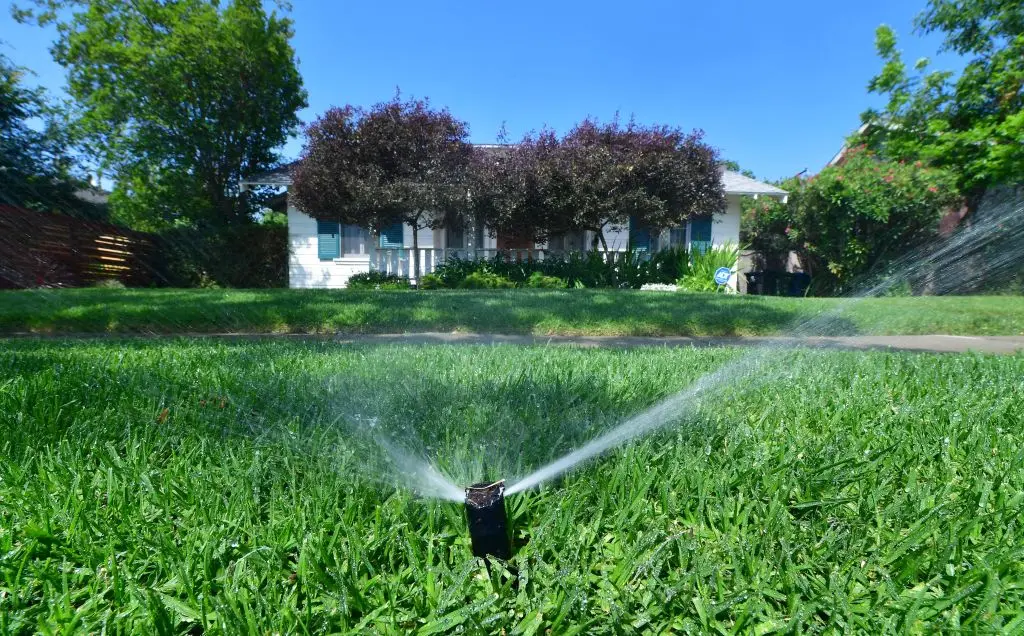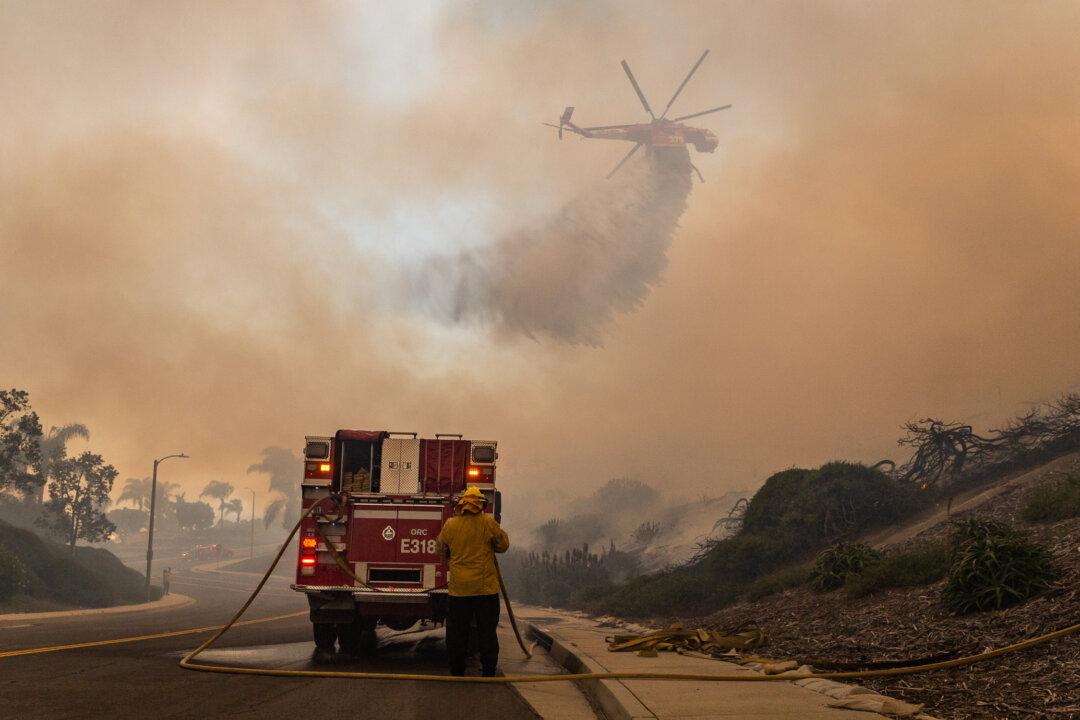IRVINE, Calif.—Southern California residents could see flying taxis soar across the sky as early as 2028, a technology in development by a Hyundai Motor Group subdivision building the future of air mobility.
“Until recently, the concept of flying vehicles existed in our imagination, on TV shows, and in futuristic or otherworldly movies,” Diane Cooper, head of U.S. policy for Supernal, the group’s Urban Air Mobility Division, said in a statement. “Thanks to breakthrough technologies and accelerated digitalization, the concept could be a reality within the decade.”





